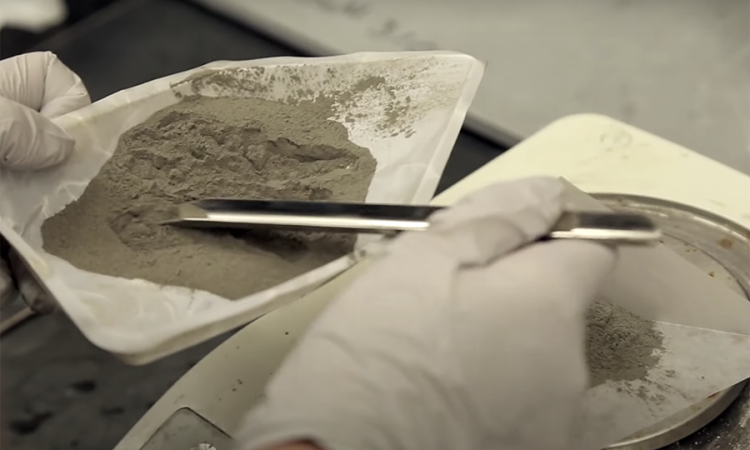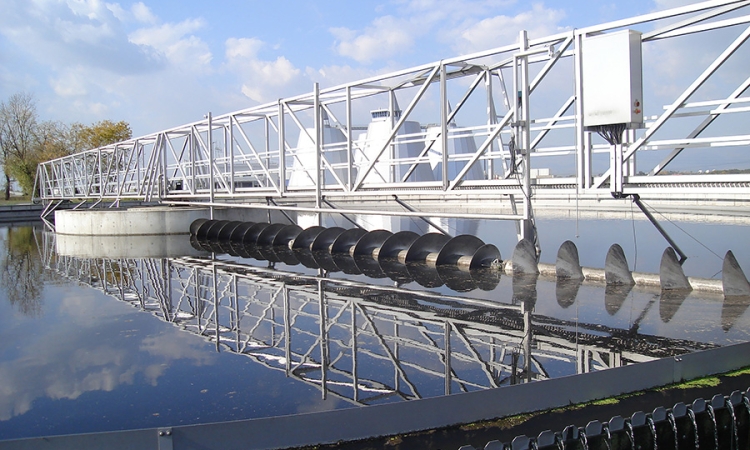Dr. Ching-Hua Huang is the Turnipseed Family Chair and professor in the School of Civil and Environmental Engineering at Georgia Institute of Technology. Dr. Huang received her Ph.D. and M.S. degrees in Environmental Engineering from the Johns Hopkins University, and B.S. degree in Chemistry from National Taiwan University. She was a postdoctoral researcher at the University of California-Berkeley prior to joining Georgia Tech faculty in 2000. Dr. Huang's research and teaching interests are in the area of environmental chemistry, advanced analytical chemistry, emerging contaminant transformation kinetics and mechanisms, innovative water/wastewater treatment technology, sustainable water reuse, waste remediation and resource recovery. Dr. Huang has directed many research projects funded by federal and state agencies and industrilal sponsors on water treatment and contaminants issues. She has extensive research experience on emerging contaminants such as pharmaceuticals, endocrine disruptors, nitrogenous disinfection by-products and heavy metals in natural and engineered water systems, as well as on the development of innovative treatment technologies for pollution mitigation. Dr. Huang has published more than 160 peer-reviewed journal papers, book chapters and conference proceeding papers on the above topics and is a frequent invited speaker at many international conferences and universities. Dr. Huang is the Associate Editor of ACS ES&T Water and Science of the Total Environment, and the Editorial Advisory Board member of Environmental Science & Technology and Environmental International. The research by Dr. Huang and her students has received multiple honors from the American Chemical Society and the Society of Environmental Toxicology and Chemistry.
Environmental chemistry, Advanced analytical chemistry, Contaminant transformation kinetics and mechanisms, Innovative water/wastewater treatment technology, Fate of emerging contaminants in natural and built systems, Formation and control of emerging disinfection by-products, Remediation of energy production wastes, Sustainable water reuse and resource recovery
In the News
Covid-19 Response: Disinfecting Wastewater
Huang Appointed Turnipseed Family Chair
Pagination
- Current page 1
- Next page




